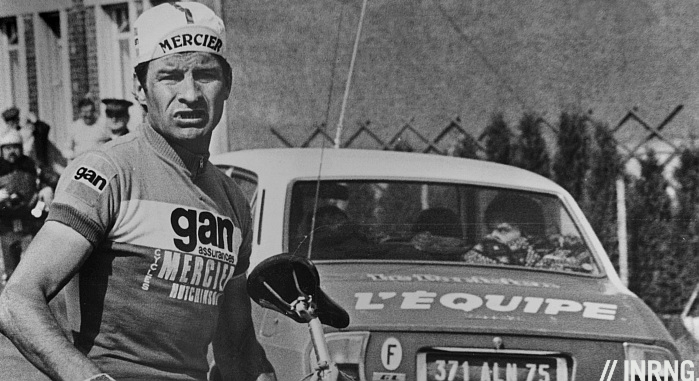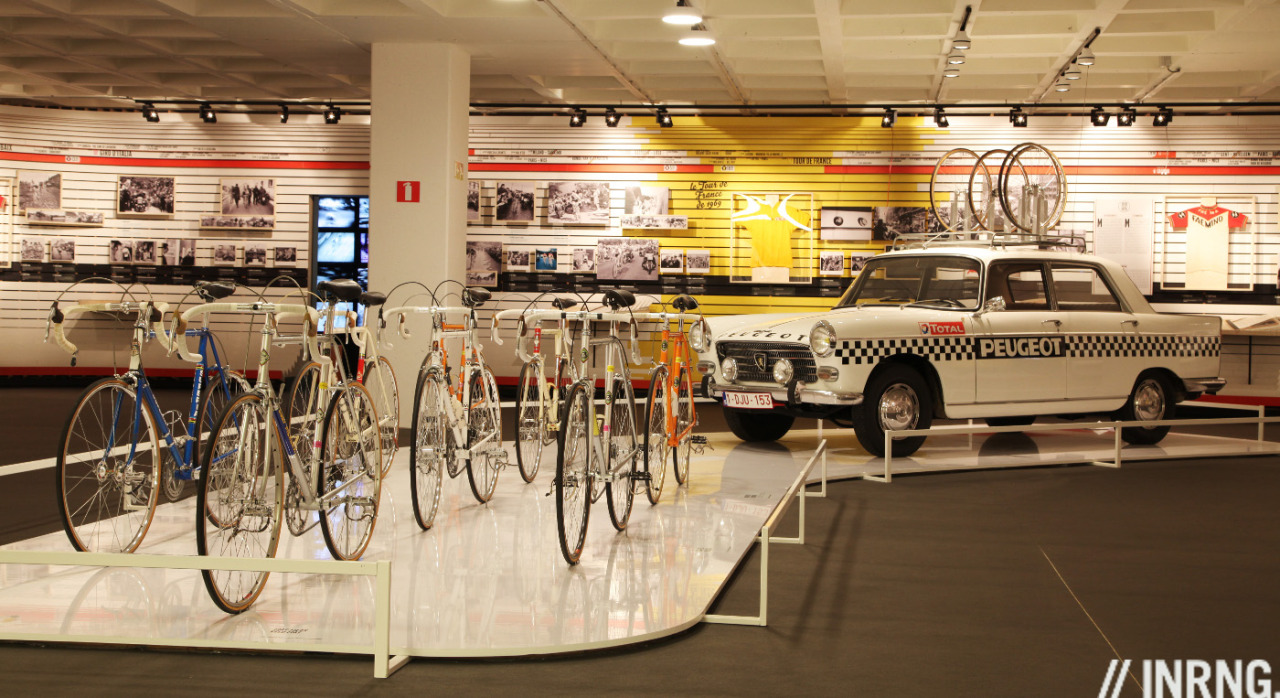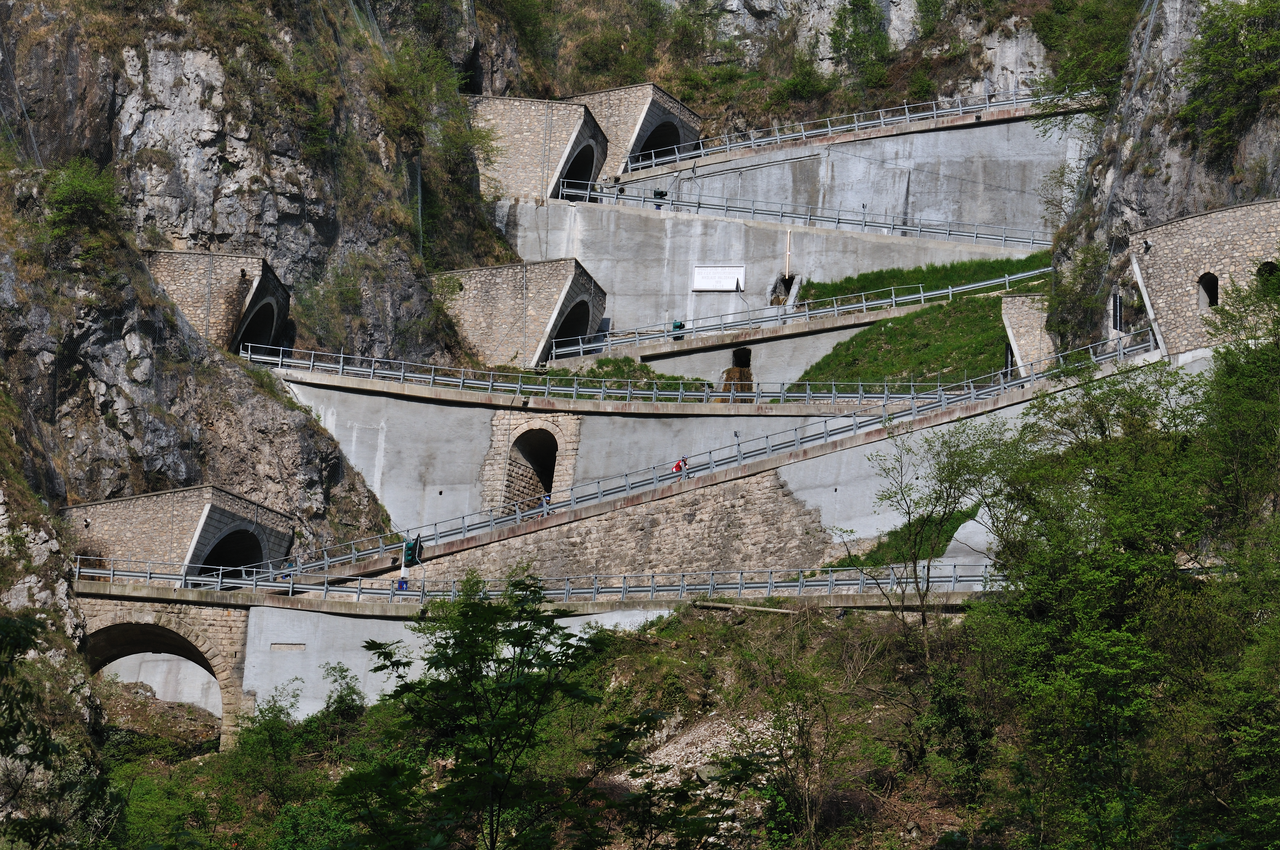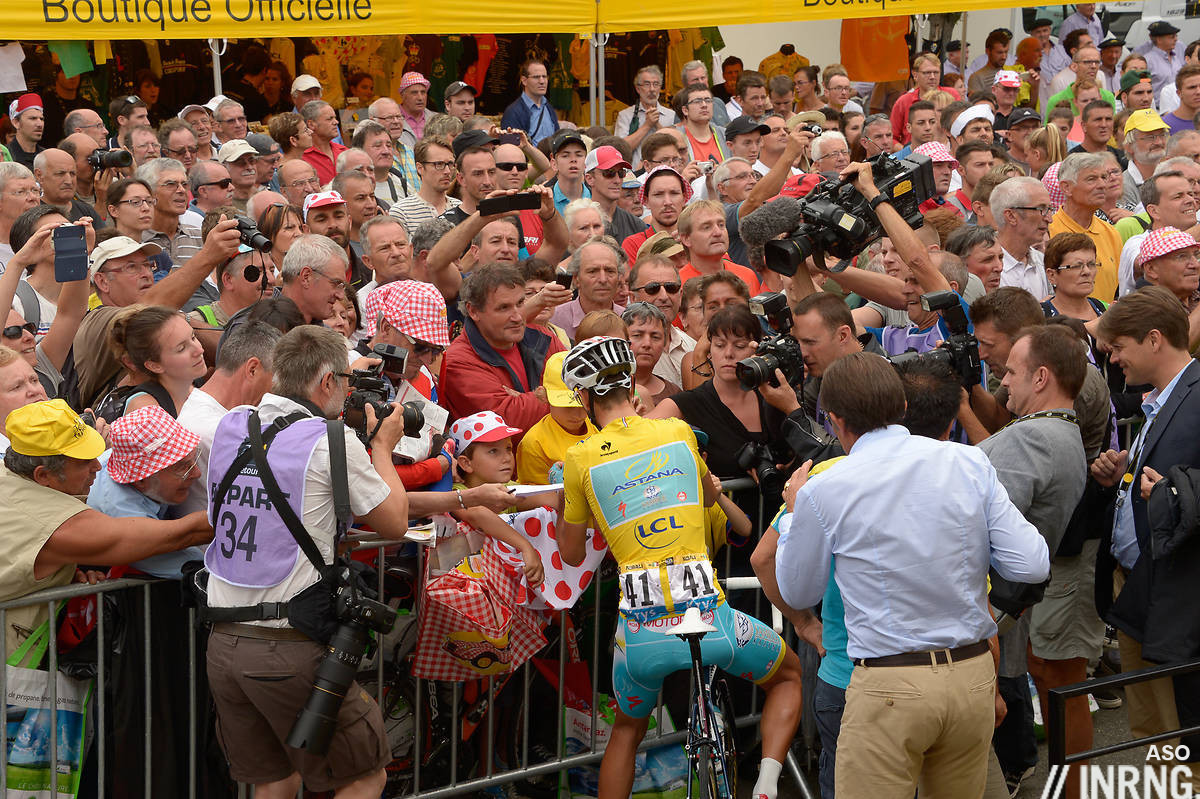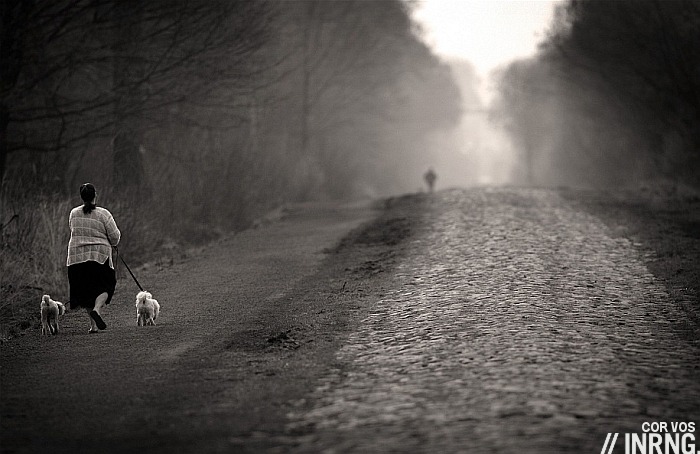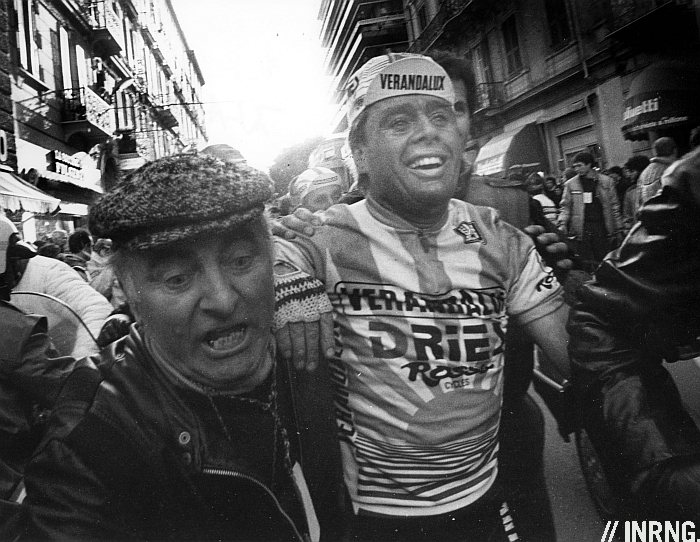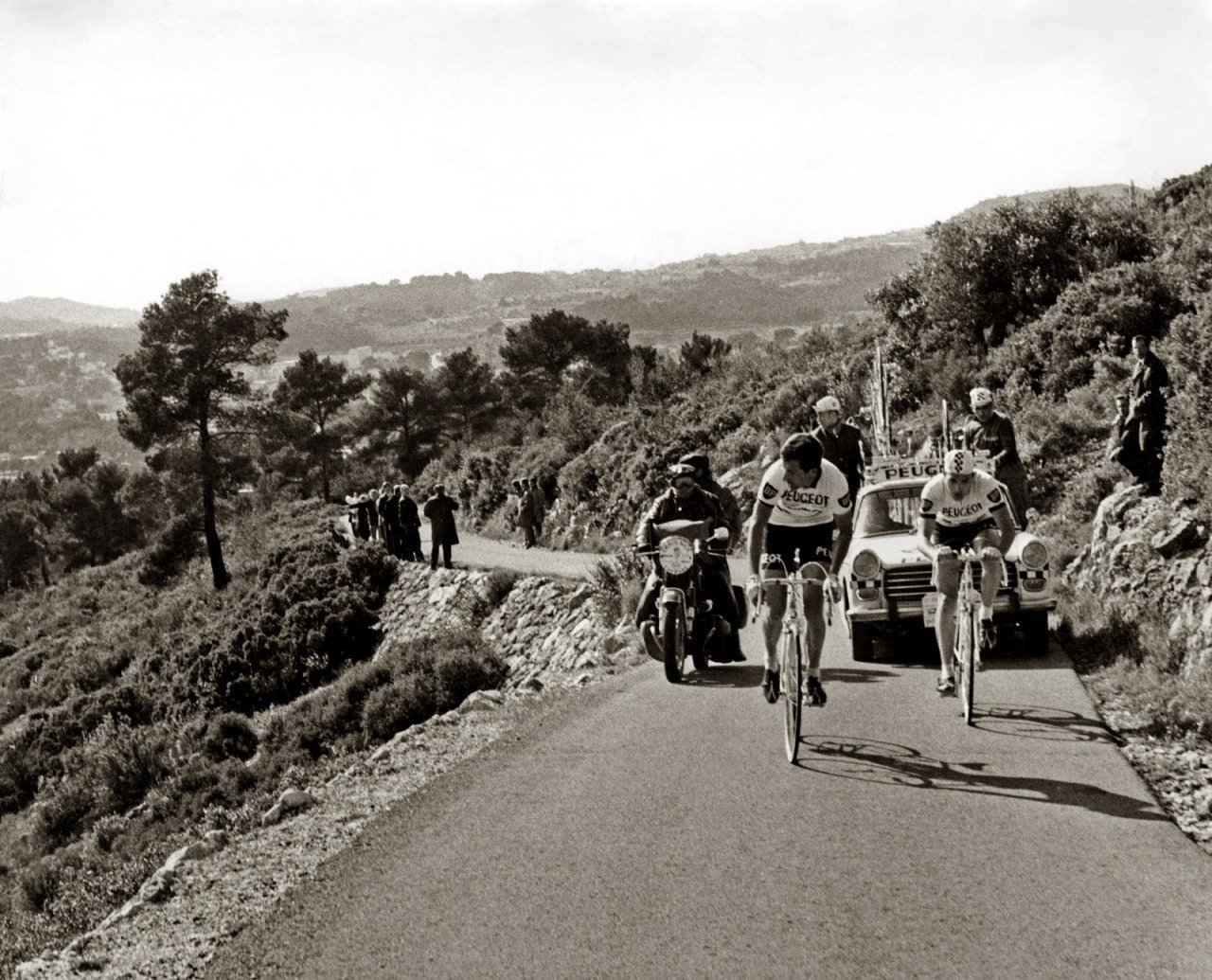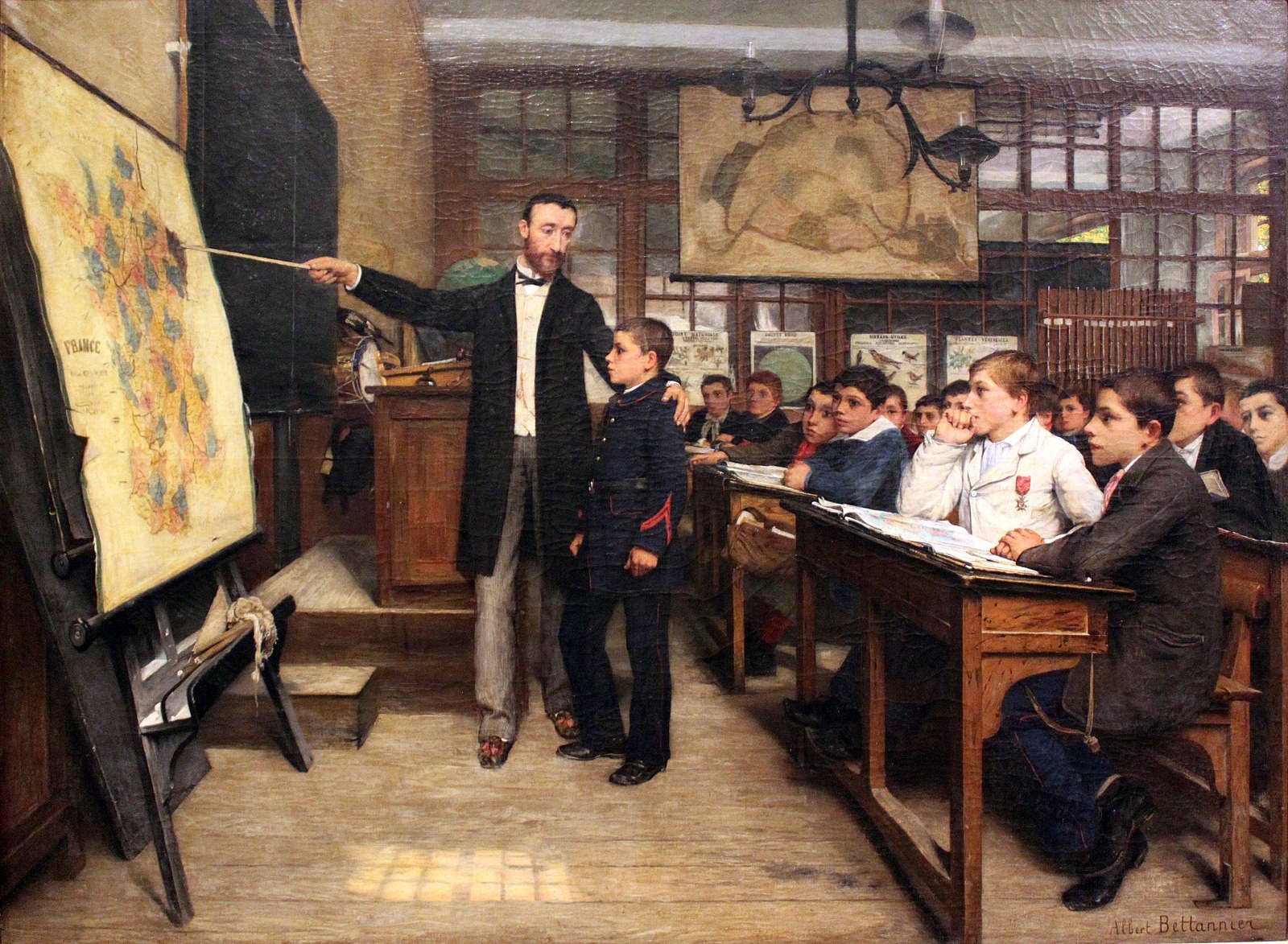For years Jacques Anquetil didn’t know what to do. As much as he’d win he couldn’t beat the popularity of Raymond Poulidor. The more Anquetil beat Poulidor, the more popular “Pou-Pou” became. The public love an underdog and sometimes Poulidor wasn’t beaten by a superior rider, he was undone by misfortune. He would have won where it not for some random incident like a puncture or a crash. While Anquetil avoided potholes or stayed upright his rival was wiping out but also becoming increasingly popular.
Decade after decade cycling has celebrated the “moral winner”, the rider who should have won but was thwarted by the cruelty of sport.

